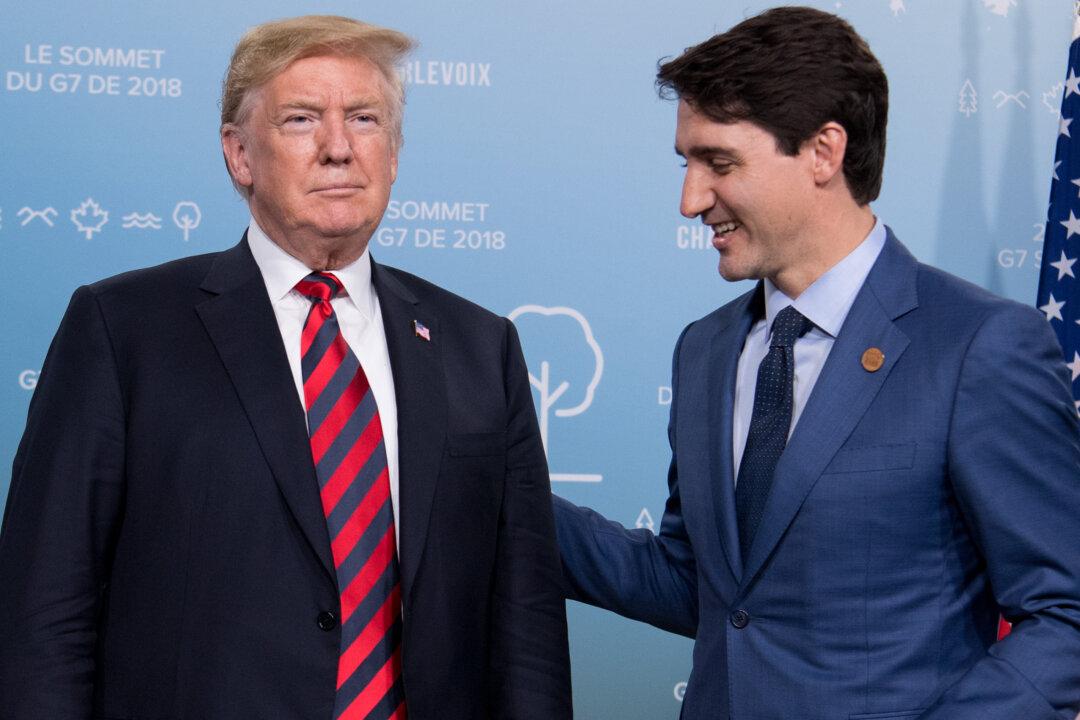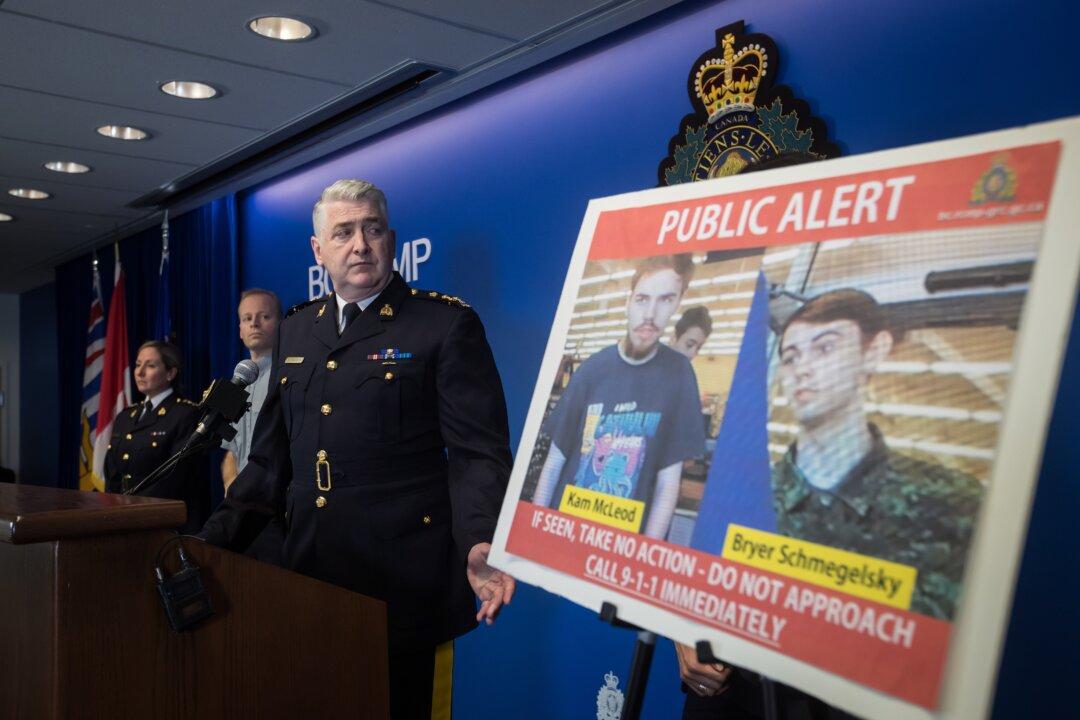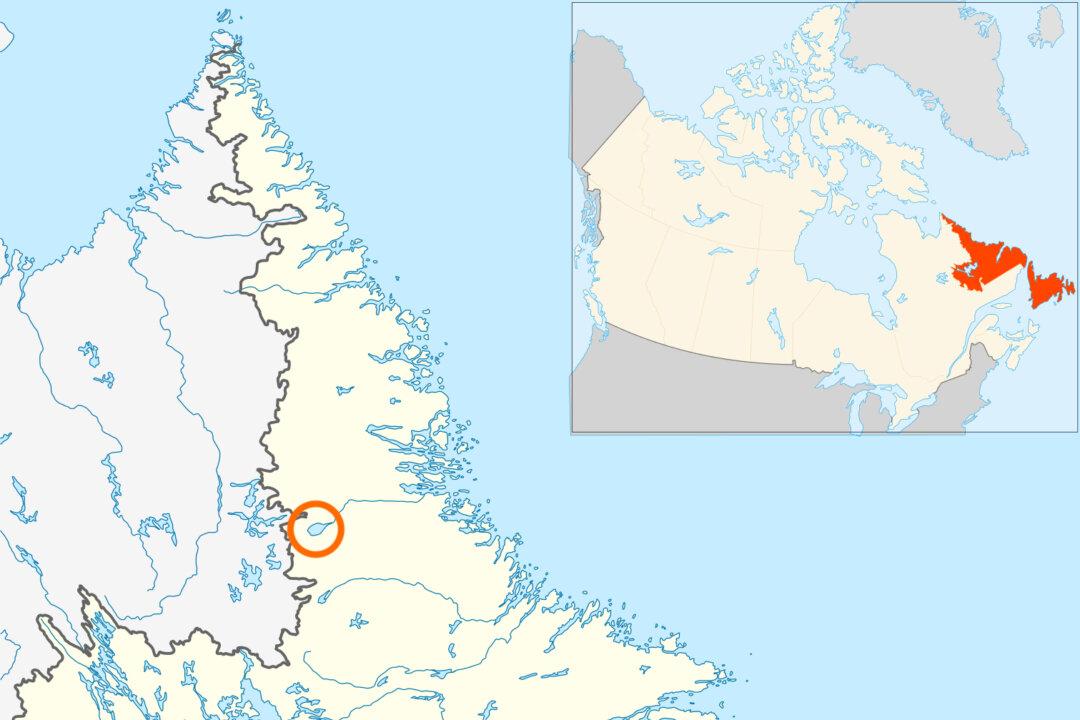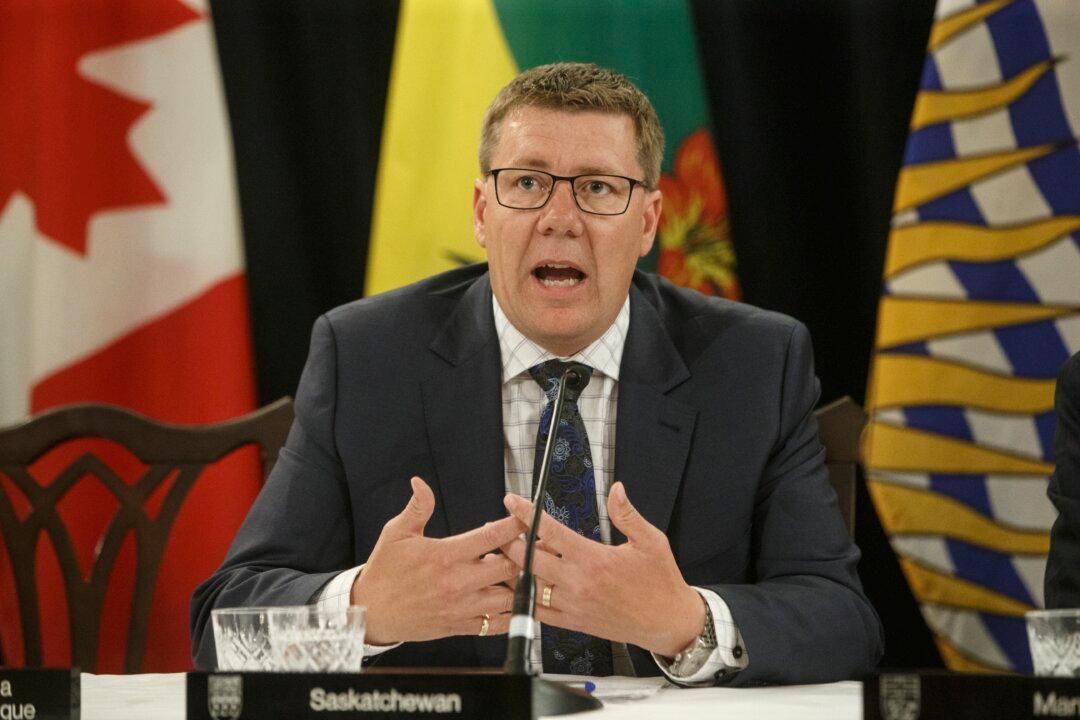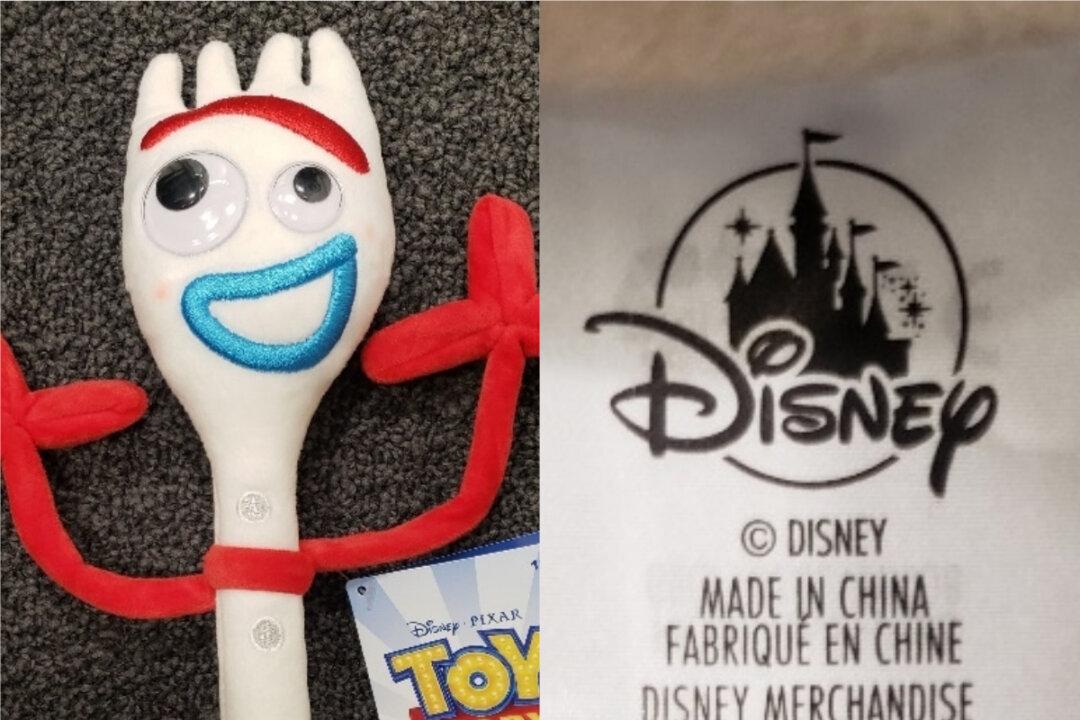Canadian Prime Minister Justin Trudeau and U.S. President Donald Trump agreed in a phone call Monday that they would continue to seek the release of two Canadians detained in China.
The two leaders also discussed the extradition request for Huawei senior executive Meng Wanzhou—though Meng wasn’t specifically named—and reaffirmed the importance of respecting judicial independence and the rule of law.
